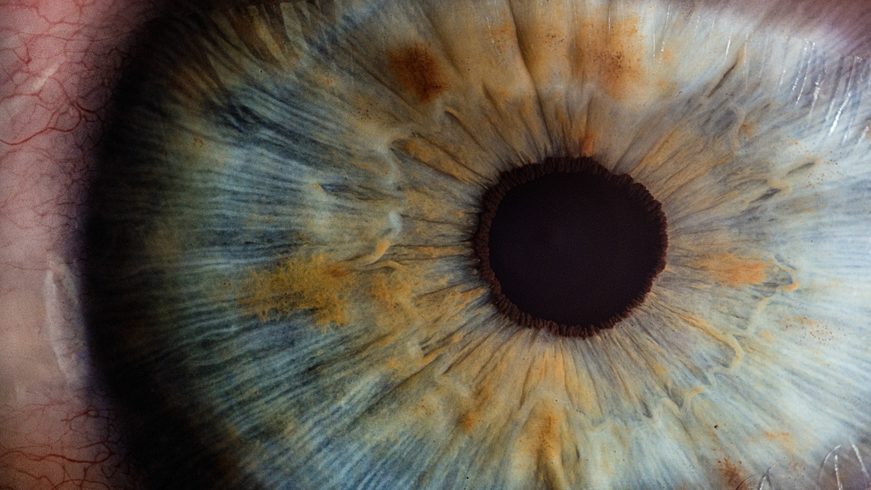An alternative to corneal transplantation using a new ophthalmological approach has been discovered by an international consortium of researchers that includes May Griffith, PhD, Dr. Isabelle Brunette, and Sylvie Lesage, PhD, who are researchers at the Centre de recherche de l’Hôpital Maisonneuve-Rosemont (CR-HMR), which is affiliated with Université de Montréal and is part of the CIUSSS de l’Est-de-l’Île-de-Montréal. The results of this multinational project were recently published in Communications Biology, a new publication from the prestigious journal Nature.
Corneal transplantation: a delicate procedure with a long wait list
Globally, nearly 13 million people who are blind due to corneal disease are waiting for a transplant to get their sight back. Unfortunately, only one in 70 people will regain their sight through this eye surgery due to a severe shortage in human donor corneas. What’s more, the success rate of transplantation, which ranges from 85% to 90% in the first two years, drops drastically to 60% after five years. In patients with inflammation or severe damage to the cornea, the risk of graft rejection rises to over 70%, making treatment options for these individuals very limited.
The three CR-HMR researchers, who are also full professors at Université de Montréal (Department of Ophthalmology for Professor Griffith and Professor Brunette and Department of Microbiology, Infectious Diseases and Immunology for Professor Lesage) are joining forces to alleviate the shortage of corneas and associated immune rejection problems.
“We are working with researchers and experts from a number of countries to help people with corneal diseases regain their sight and improve their quality of life,” they explained.
Corneal implants from biomaterials show potential It has already been shown that corneal regeneration can be an alternative to donor transplantation. For example, implants made from biomaterials can help the human cornea to self-heal. However, the long-term survival of these implants can be hampered by inflammation that can lead to graft failure. In this new study, the interdisciplinary team of scientists and clinicians developed corneal implants from collagen analogs, a biomaterial that is easier to manufacture and has great potential for clinical use.
The consortium of researchers demonstrated in preclinical studies that corneal implants made from collagen analogs with phosphorylcholine (2-methacryloyloxyethyl phosphorylcholine or MPC), which can be easily produced at a low cost, can suppress inflammation and allow for in-situ tissue regeneration. This discovery is therefore a promising alternative for patients with corneal disease who are waiting for transplantation, which will soon be demonstrated in further clinical evaluations of these implants.

